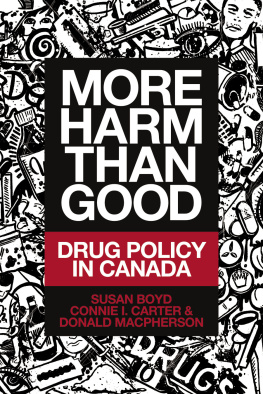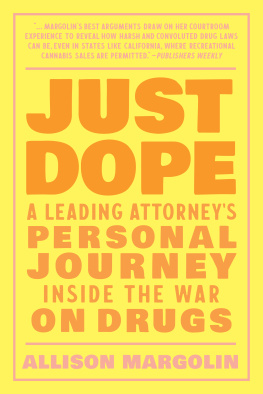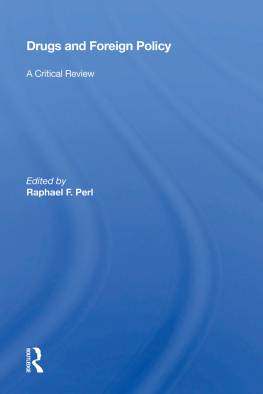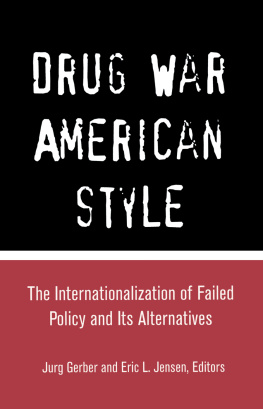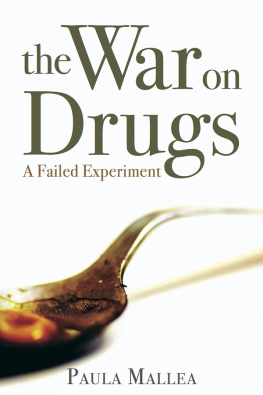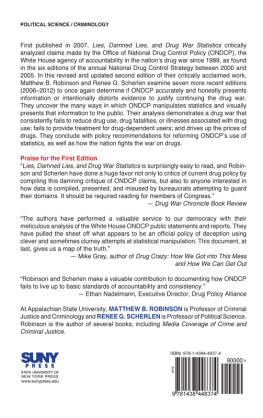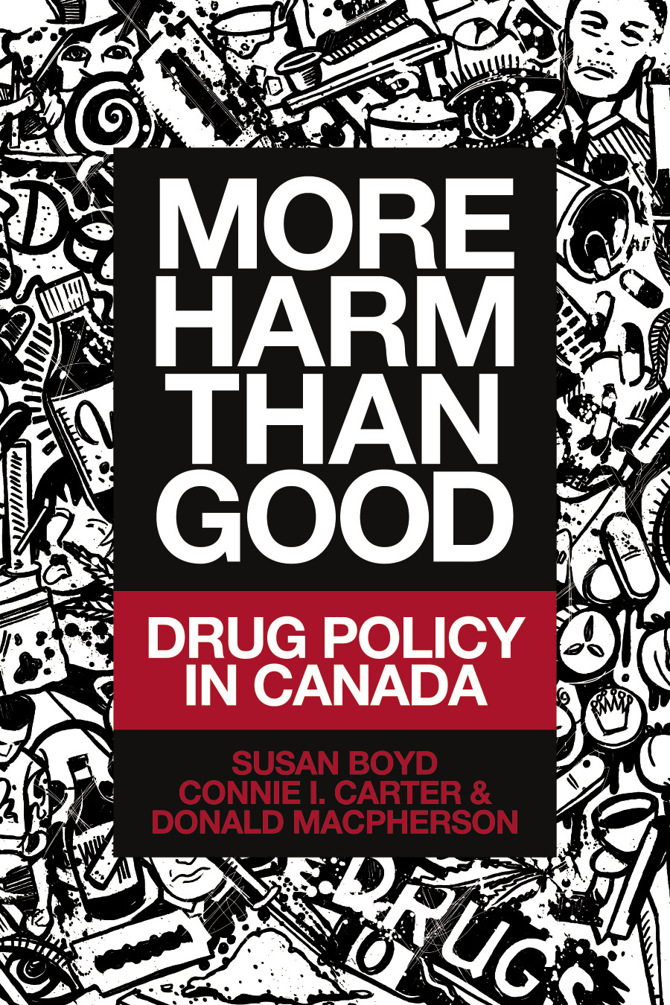Copyright 2016 Susan Boyd, Connie I. Carter and Donald MacPherson
All rights reserved. No part of this book may be reproduced or transmitted in any form by any means without permission in writing from the publisher, except by a reviewer, who may quote brief passages in a review.
Editing: Jessica Antony
Cover design: John van der Woude
Printed and bound in Canada
Published by Fernwood Publishing
32 Oceanvista Lane, Black Point, Nova Scotia, B0J 1B0
and 748 Broadway Avenue, Winnipeg, Manitoba, R3G 0X3
www.fernwoodpublishing.ca
Fernwood Publishing Company Limited gratefully acknowledges the financial support of the Government of Canada through the Canada Book Fund, the Manitoba Department of Culture, Heritage and Tourism under the Manitoba Publishers Marketing Assistance Program and the Province of Manitoba, through the Book Publishing Tax Credit, for our publishing program. We are pleased to work in partnership with the Province of Nova Scotia to develop and promote our creative industries for the benefit of all Nova Scotians. We acknowledge the support of the Canada Council for the Arts, which last year invested $153 million to bring the arts to Canadians throughout the country.
Library and Archives Canada Cataloguing in Publication
Boyd, Susan C., 1953-, author
More harm than good : drug policy in Canada / Susan Boyd, Connie
I. Carter, and Donald MacPherson.
Includes bibliographical references.
Issued in print and electronic formats.
ISBN 978-1-55266-850-4 (paperback).--ISBN 978-1-55266-862-7 (epub).-
ISBN 978-1-55266-863-4 (kindle)
1. Drug control--Canada. I. Carter, Connie, author
II. MacPherson, Donald, 1952-, author III. Title.
HV5840.C3B693 2016 363.450971 C2015-908519-5
C2015-908520-9
Contents
Acknowledgements
T he authors are grateful to the Policy Working Group and the Steering Committee of the Canadian Drug Policy Coalition for assistance with the original report (Carter and MacPherson 2013). The following persons provided detailed reviews of the report: Lynne Belle-Isle, Walter Cavalieri, Irene Goldstone, Philippe Lucas, Michaela Montaner, Caroline Mousseau, Bernie Pauly, Susan Shepherd, Ron Shore, Kenneth Tupper and Dan Werb. We also extend our gratitude to key informants representing organizations from across Canada who wish to remain anonymous.
The original report from which this book draws was made possible by the support of the macaids Fund, the Open Society Global Drug Policy Fund, private donors and Steve Chapman. The Canadian Drug Policy Coalition also wishes to thank the Faculty of Health Sciences at Simon Fraser University and the Centre for Applied Research in Mental Health and Addiction ( carmha ) for their assistance with the report.
We wish to thank Catherine van Mossell for editing and formatting some of the book manuscript, at Fernwood Publishing, Wayne Antony for his excellent feedback, and Jessica Antony for her precise editing. Finally, we would like to thank all of the staff at Fernwood Publishing for supporting the publication of our book.
Preface
T his book draws from a 2013 report on Canadian drug policy written by Connie I. Carter and Donald MacPherson of the Canadian Drug Policy Coalition. The report provided the original framework for this book. However, this book is significantly different. First, we invited Susan Boyd to contribute to the book. We then expanded on a number of pertinent areas and added new sections to better reflect the state of drug policy in Canada today. We updated the scholarly literature and provided text boxes and cases to illuminate sections of the book. We also provided a more comprehensive theoretical framework for the book, drawing from critical and feminist sociological perspectives. All three authors contributed equally to the project and, in sum, the book took on a life of its own.
Drugs and
Drug Policy
Although substance use has been a part of human societies for thousands of years, the range and types of substances available for psychoactive (that is, mind-altering) purposes has grown exponentially since the early twentieth century. Along with these changes, our understanding of substance use has also changed, as have our approaches to curbing its use. Since the early twentieth century the predominant means that many Western nations have used to curb substance use is through prohibition and criminalization, entailing the extensive use of the criminal justice system and international cooperation to detect and suppress drug trafficking. The twentieth century was marked by the development and spread of these drug laws and heavy sanctions against the use of some substances. Through the three main U.N. conventions on drug control, these approaches have been implemented around the globe. Although prohibition has long had its critics, at the end of the twentieth century and into the beginning of the current century, new voices, including the leaders of some countries, have emerged to challenge prohibition as the only and the best method of addressing the harms of substance use. There are numerous reasons for the growing number of voices opposed to strict prohibition; some of these reasons include the well-documented negative effects of prohibition on efforts to scale-up much needed public health services for people who use drugs, along with increasing evidence that drug laws and sanctions undermine the human rights of some groups of people. Not the least significant among these concerns is the growing realization, documented by sound evidence, that prohibition has failed to deliver on its promises, including curbing drug use and its harms and ensuring increased public safety and national security. One of the most damming critiques of prohibition lies in the increasing body of evidence that suggests that it is in fact responsible for some of the harm associated with drugs that accrues to individuals, families, communities and nations.
The focus of this book is a critical analysis of Canadian drug policy. This volume takes a critical look at the current state of Canadian drug policy and raises key questions about the effects of Canadas increasing involvement in and commitment to the war on drugs. This book is meant to be a primer on Canadian drug policy that will be useful to a variety of audiences, including students, lay readers, policy makers and health, law and social service workers.
In this book we use a number of approaches. As we discuss more fully below, our analysis of Canadian drug policy is shaped by critical sociological and feminist perspectives on drugs. Some of the information in this book was gleaned from interviews with key informants from across the country who helped identify crucial issues facing people who use drugs. Many of these informants work in harm reduction or treatment programs; some work as policy advisors and some are responsible for research programs; most importantly, some are people who use drugs and have first-hand experience of the issues we discuss in the following pages. We also drew on the extensive body of research on substance use and drug policy produced mainly by Canadian and other scholars, as well as on a review of Canadian drug policy documents. We have excluded consideration of alcohol and tobacco, not because they are unimportant but because they deserve more in-depth consideration that we can provide in this book.

